Why riders don't use mental performance coaches
Here are some reasons why riders don’t work on their mental skills:
· Sign of weakness, they believe that only less able riders need the help of a psychologist.
· They are frightened – they don’t understand it;
“You don’t want to let anyone mess with our head”.
· A fixed mindset; they believe it won’t make any difference.
These are all commonly held beliefs amongst riders. Beliefs are hugely powerful, they control our behaviour and often limit our potential. Beliefs are flimsy though and often have very weak foundations, sometimes based on the opinions of others and have no place in reality.
Many horse owners expend masses of time and energy looking after their horses, ensuring they have everything they need, that they are happy and healthy and fit for the job they want them to do. They then spend time in lessons and schooling ready for competition. They practice, keep fit and work on position, contact and feel but how much attention do they give to how they think during training and competition? Riding requires thinking, but mental skill is the one area which is left untended, untrained and allowed to randomly take control sometimes with devastating results.
So many riders struggle with confidence and are so overcome with anxieties they are almost completely unable to enjoy their riding. They have lesson after lesson relying on the instructor to build their confidence, but never really find the freedom to ride happily alone.
Riding horses should enhance our lives, to be in harmony with our horse is surely up there with the best experiences in life. Horses rely on the rider for their confidence, they need to feel secure, they will only believe they can if they believe the rider can.
Mental coaching is a necessary part of riding and competing horses. It enables riders to practice without even sitting on a horse, it can develop the kind of confidence which usually takes many lessons in only a few hours and it can remove limiting beliefs caused by falls or opinions of others.
